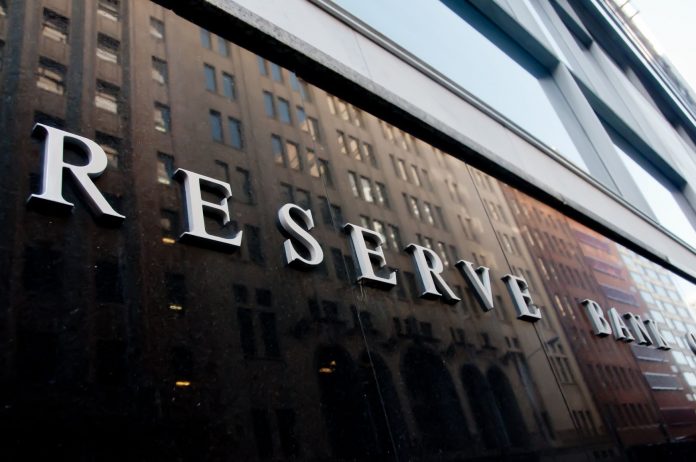The lift in inflation this year has been a source of concern for investors.
Whether inflation can be sustained at higher rates, however, is the subject of much debate.
Our base case is that some of the recent price spikes are transitory.
That said, even with some easing in these transitory factors (travel prices, labour shortages and supply bottlenecks), inflation is likely to settle at higher levels than previously and is likely to be back within central bank target bands.
So, how should investors approach this scenario?
Equities are better placed to deal with inflationary periods compared with other asset classes such as cash and fixed income.
This is because inflation normally implies stronger economic conditions and because companies can pass through higher prices to consumers.
So, in a healthy inflation environment, equities should perform relatively well.
A stagflation scenario – a combination of slow economic growth and relatively high unemployment (stagnation) accompanied by rising prices (inflation) – would be less favourable for equities, but they should still perform better than fixed-income assets (where we are underweight) given the latter’s returns are fixed and would be eroded by inflation.
Within the equity market, rising inflation favours cyclicals, while defensive sectors are the ones that tend to lag an inflationary cycle.
Like stories that inform, connect and celebrate the Sunshine Coast? So do we. Join an independent local news revolution by subscribing to our free daily news feed: Go to SUBSCRIBE at top of this article to register.
Major central banks have had difficulty lifting inflation, and sustaining it, since the 2007-08 global financial crisis, if not before.
Australia’s inflation rate has been on a downward trajectory, and until the latest data for the September quarter, had been below the Reserve Bank of Australia’s (RBA) two to three per cent target band.
Meanwhile, at the extreme end, Japan has been experiencing bouts of deflation for a quarter of a century.
These scenarios came about despite attempts by central banks to use their monetary policy tools, in other words interest rate cuts and quantitative easing, to stimulate demand, and therefore inflation, to within their target range.
This year, however, there has been a noticeable upturn in inflation, led by the US, where the core consumer price index has already jumped from 1.6 per cent year-on-year (YoY) to 4.6 per cent YoY.
In the euro zone, a similar measure has risen from 0.2 per cent YoY to 2.1 per cent YoY, while Japan has swung to inflation of 0.1 per cent YoY from deflation of -1 per cent.
In Australia, the trimmed mean consumer price index, the RBA’s preferred measure, has risen from 1.1 per cent YoY to 2.1 per cent YoY.
Darryl Watt is a representative of Ord Minnett Limited, AFS Licence 237121. This article contains general financial advice only.





